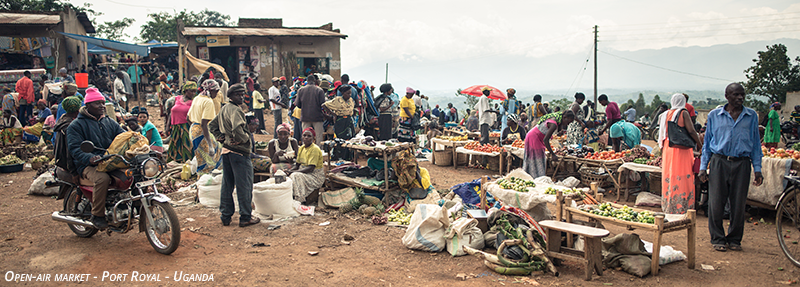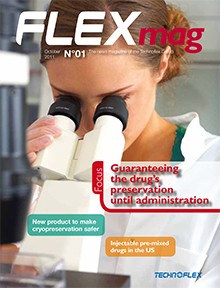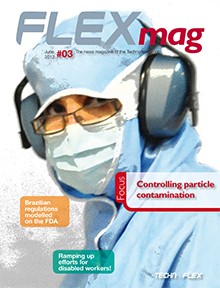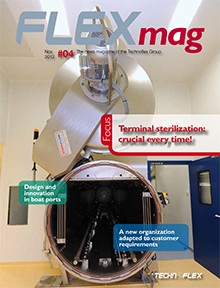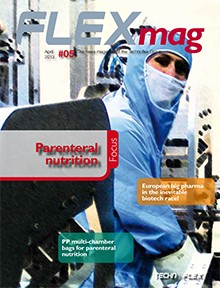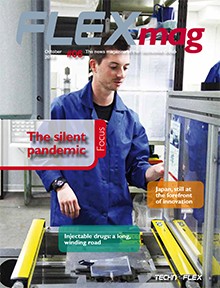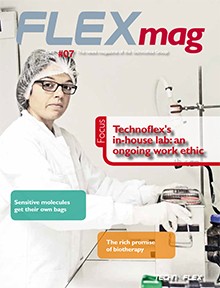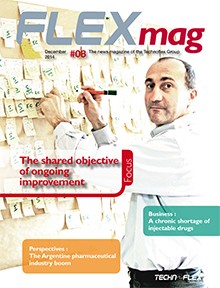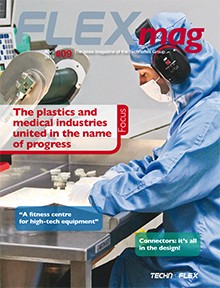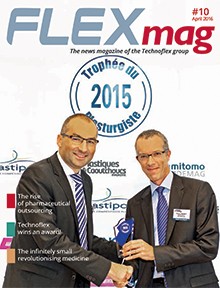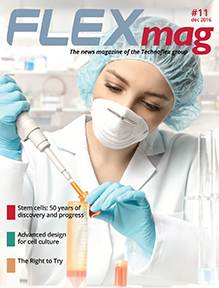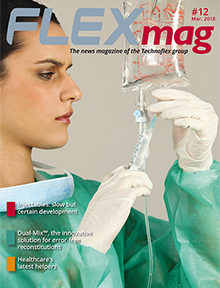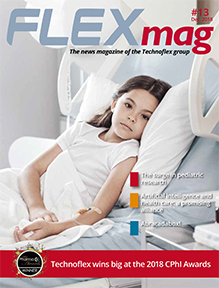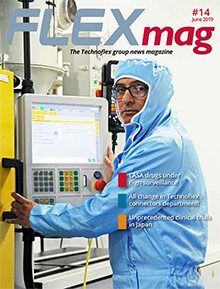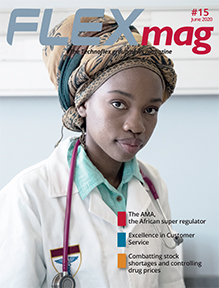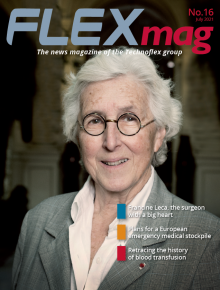The AMA, the African super regulator
Drug regulatory agencies evaluate, monitor and guarantee the safety of medical products before and after they are placed on the market. Although present in the large majority of nations, they are absent in a number of regions around the world. This is the case with Africa. Hit hard by counterfeit drugs and the lack of pharmaceutical industries, the countries of the African Union have decided to take up the challenges represented by universal healthcare coverage and safety.
Africa, which has 1.2 billion inhabitants, lists scarcely more than 350 drug manufacturers and a few producers that package medicines bought in bulk. This observation is unquestionable. By way of comparison, India and China each have 1.4 billion inhabitants and 5,000 and 10,500 drug manufacturers respectively. If we exclude the extreme northern and southern regions of the continent where industry is sufficiently developed to supply the local population, Africa is therefore largely dependent on the big pharmaceutical groups. Around 80% of patients are being treated using resources produced outside the continent, but these numerous imports bring serious consequences. The complexity of the supply chain and the multiplicity of middlemen inevitably entails a negative impact on product cost. An impact which, combined with the poverty and lack of healthcare coverage in most countries, encourages the population to turn towards parallel markets.
A new step to halt the trafficking
Antimalarials, analgesics, antibiotics, vaccines – there are a plethora of counterfeit medicines. Whether they are simply of inferior quality, or completely falsified, they flood the market and represent 50% of medical products on average. In addition to resale in open-air markets,¹ they are also found in healthcare establishments. Last April, a falsified version of chloroquine was identified in several pharmacies and hospitals in Cameroon. The drug was completely devoid of the active ingredient!
Faced with terrifying mortality figures² caused by counterfeit products, the leaders of several African countries (Congo, Gambia, Ghana, Niger, Senegal, Togo and Uganda) decided to react strongly. In launching the operation christened the ” Lomé Initiative”, ratified unanimously, the signatories undertook to fight the traffickers more effectively. Among the resolutions adopted were the pooling of efforts which will ensure better cooperation between government departments and the effective sharing of information. Other measures announced were the strengthening of current laws, ensuring that these are applied strictly, and above all the introduction of big criminal penalties to criminalize the trafficking of healthcare products following the example of Togo. In 2015, the country revised its criminal code: trafficking is no longer considered a simple counterfeiting infraction as in most African countries, it is a criminal offence. Prison sentences were increased and associated with fines of several million CFA francs. In parallel, another objective consisted in increasing the number of official pharmacies and health care establishments in remote areas. This comes down to setting up centralized distribution channels to reduce the exposure of the population to the risks of falsified medicines. Half of the inhabitants of these countries are in effect living in very rural areas, and do not have access to essential treatments. A major public health risk.
One sole regulator
An absolute prerequisite for the pharmaceutical industry to develop effectively and sustainably, it is essential to standardize regulations with regard to the registration and control of healthcare products. Already raised by the African Union in 2015, the treaty initiating the establishment of an African Medicines Agency (AMA) was finally adopted unanimously in February 2019. The new regulatory body will come into force when it has been ratified by at least 15 member states of the 55 that make up the African Union. In January 2020, Chad joined the 10 earlier signatories. The AMA will need to take up many challenges to ensure its sustainability, and there is no shortage of objectives. Growing the pharmaceutical industry and increasing the production capacities of existing industries to provide general, affordable access to essential drugs, boost innovation and clinical research to develop new drugs, to increase the number of partnerships between the private and public sectors. Modelled on the European Medicines Agency (EMA), the AMA will act across the whole of the continent. No doubt that it is destined to become the cornerstone of a sustainable public health system on the African continent.
Sylvie Ponlot
¹ Counterfeit treatments often carry prices that are half of those in pharmacies. The latter, subject to the regulations in force, are supplied via the legal channels of wholesale distributors and are inspected regularly.
² According to the WHO, fake medicines are directly involved in the death of almost 200,000 children every year.
